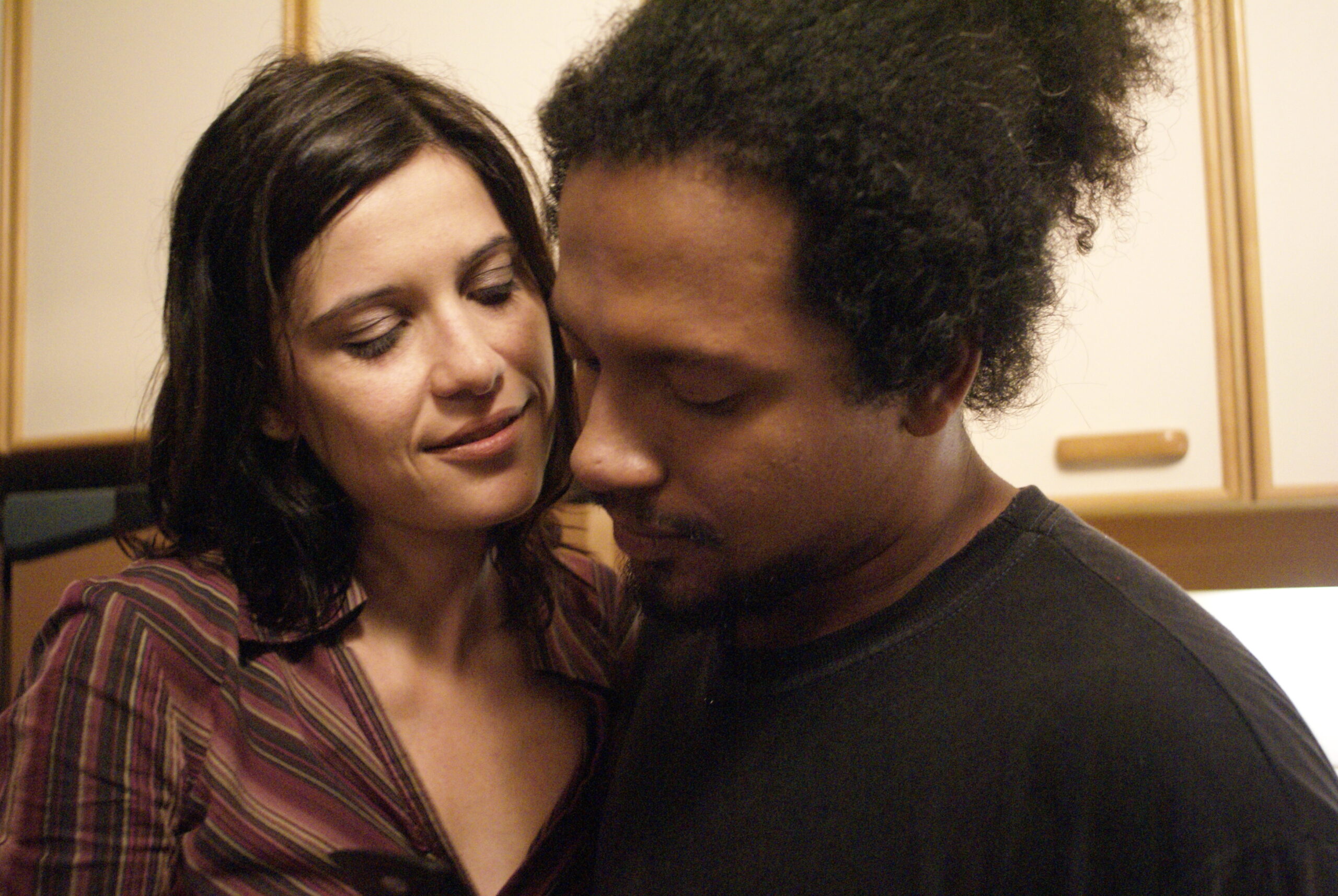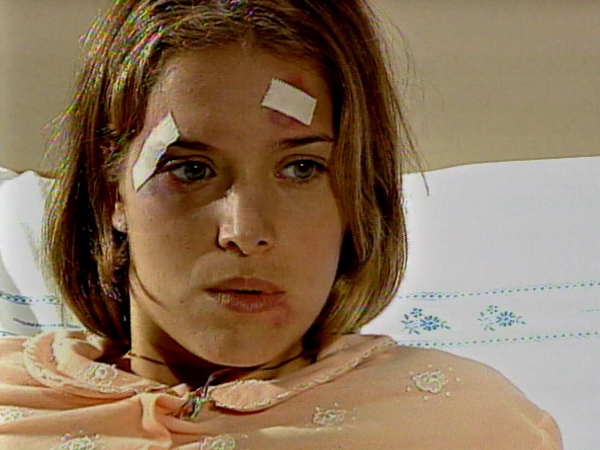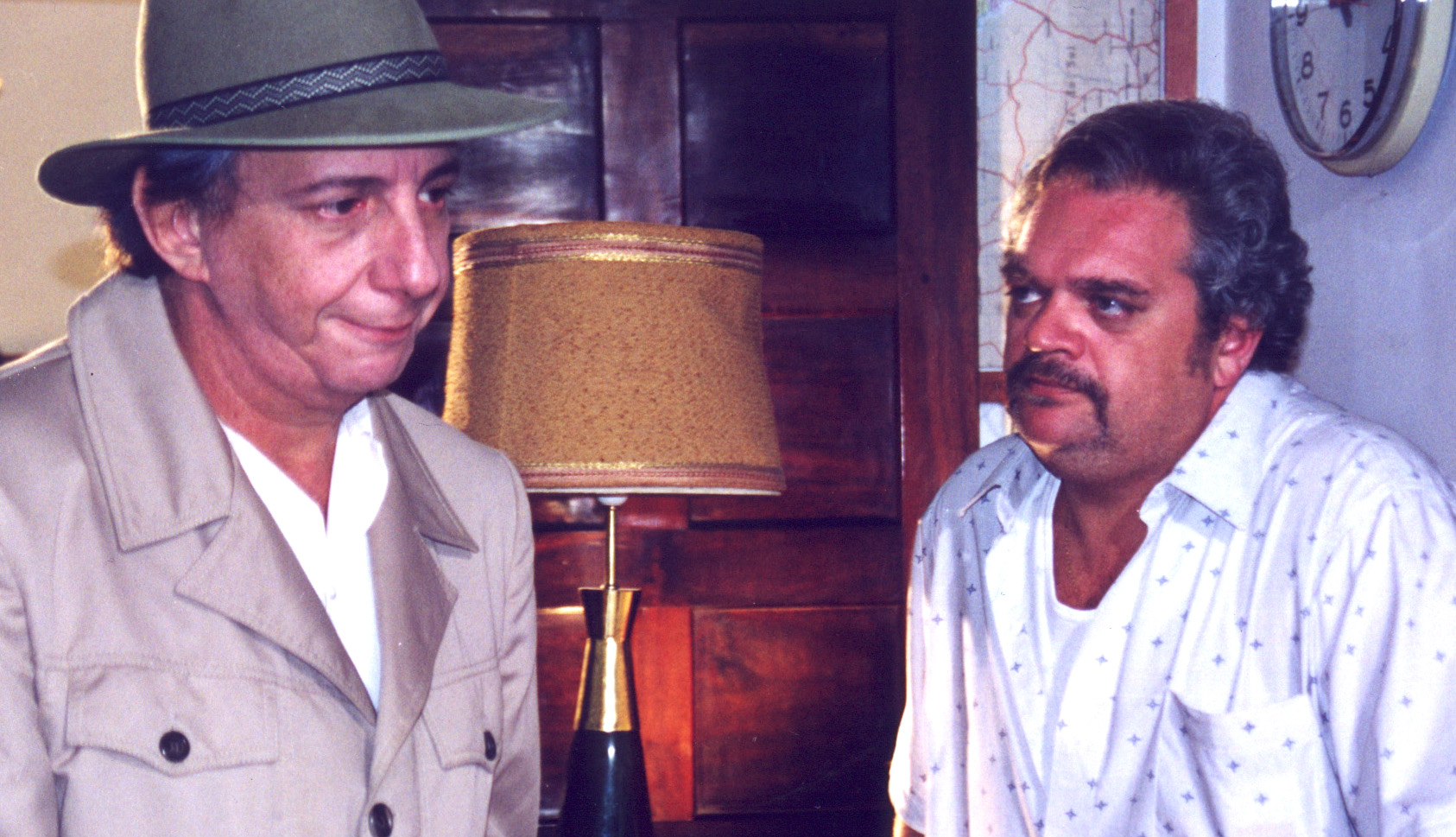

In Brazil, the copies of films could be exhibited for five years, then they were destroyed. A factory in São Paulo used this copies as raw material for making brooms.
After 25 years away from public life, Jânio Quadros was elected, again, mayor of São Paulo. 1989 was a decisive year for Brazil: the first presidential election in three decades. Some candidates are well-known. But no one remembers what happened last time.
“Memory is part of an unexplored kind of cinema: the essay film, which combinesdocumentary and fiction. (…) The scene of the blind female worker who describes her sensations in front of a movie being projected suggests a cross between two German masters: Wim Wenders and Werner Herzog from the documentary ‘In the Land of Silence and Darkness’.”
(Sérgio Bazzi, JORNAL DE BRASÍLIA, 10/12/1990)
“Memory is, like ‘Ilha das Flores’, an original and creative film in its construction and that also has great political force. (…) One can consider Memory, in its form, the first Brazilian film whose message opposes president Collor and his political project.”
(Aramis Millarch, O ESTADO DO PARANÁ, 10/21/1990)
“The absolute highlight (…) is Memory, directed by Roberto Henkin. (…) Made just before Fernando Collor de Mello’s assumed the presidency of Brazil, the documentary focuses on a blind woman who loves cinema and, paradoxically, works in a factory that turns old movies into brooms. At the same time, he rehearses a reflection on the symbol of the broom of Jânio Quadros with the speech of the ‘Maharaj Hunter’ Collor. This is a testimony of Brazilian cinema to the government that tried to destroy it.”
(Hugo Sukman, O GLOBO, 08/26/1999)

Sissi, a young woman whose father is a widower and unemployed, struggles to support her family and dreams of sharing an apartment with her boyfriend, a soccer player. Martina lives in a more stable financial situation, but struggles to be desired again by his husband, or by the first one that appears. Giane has changed […]

Cátia, a successful economist, needs to rethink her life when her boyfriend Veronese, a controversial filmmaker, suffers a heart attack, leaving behind a dark past, a photo shop, some short films and a lot of screenplays on his computer.

Episode from the series “Contos de Inverno/Winter Tales”, by RBS TV. It tells the story of an unemployed woman making a strange pact with her uncle to succeed in her professional life.

Episode of the series “Brava Gente”, produced by TV Globo. An indebted family tries to sell its decadent farm to a movie producer, who plans to film an adaptation of Monteiro Lobato’s “The Buyer of Farms” and needs a proper place to do it. Trying to deceive the producer, the family disguises the poor conditions […]